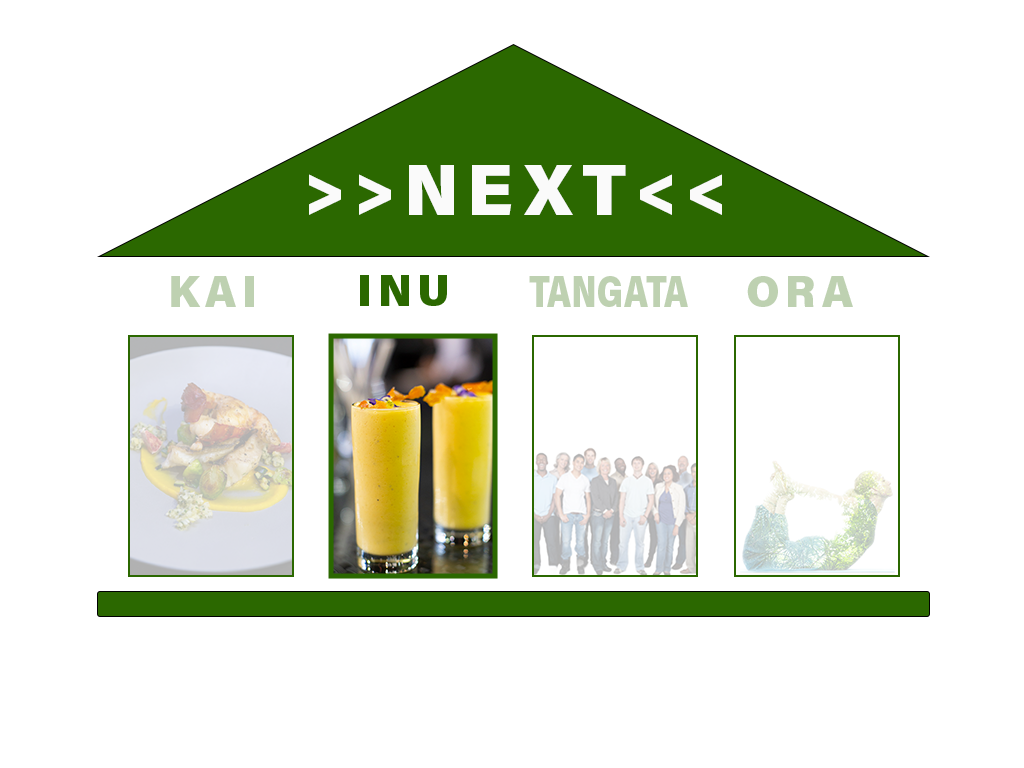Resources
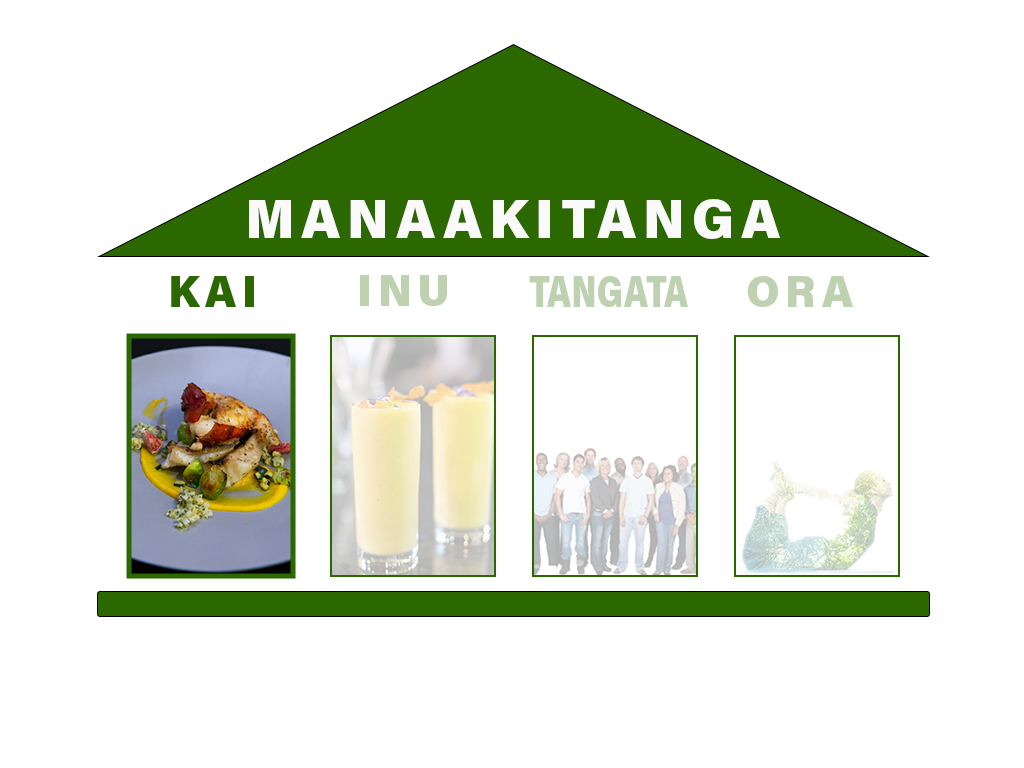
Food - Kai

We need to live. Food provides us nutrients to support life. Nutrients provide us with energy, growth, repair and keeping the immune system healthy.
But food is so much more for many people
Food - Culture
Food can be about provenance and origin, and seeking an indigenous understanding of how food producing was conducted.
Often this indigenous approach is sought to be an antidote to the effects of modernity. It can provide a touchstone for authentic provenance – the need for people to feel connected to a place. There are cultural and religious reasons for eating certain foods and food styles connected to culture
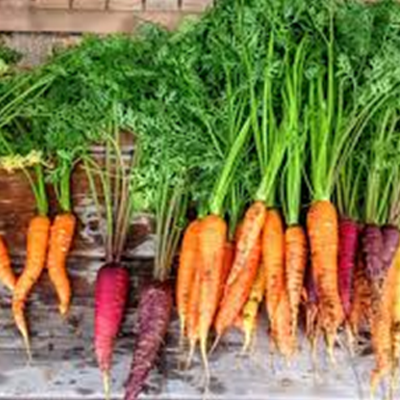
Food - Art
With the emergence of the new movement called Eat Art in the 1960s, the food came out of the canvas and became a material just like paint, pencil or paper.
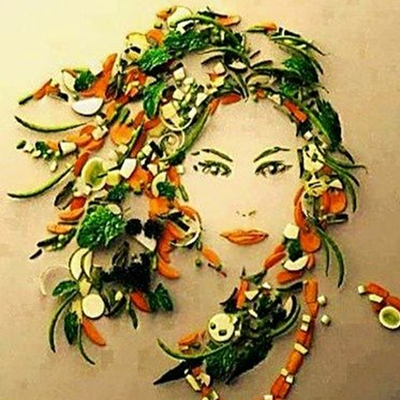
The food was used in a variety of ways to create ephemeral art. Food is art and art is food. In food and in cooking, art is a by-product in the pursuit of deliciousness. Food is a medium, and the act of making food is an institutional critique. If food is art, it’s behavioural, pleasurable, and nutritious.
Food – Culinary Arts
Culinary arts, in which culinary means "related to cooking“, are the cuisine arts of food preparation, and presentation of food, usually in the form of meals.
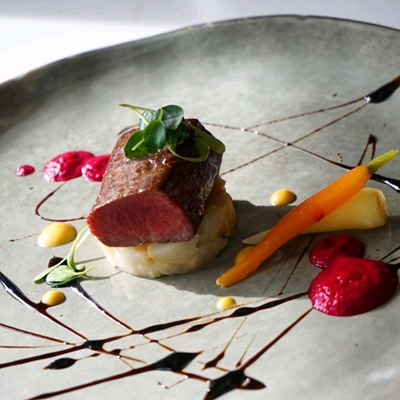
Careers in the culinary arts include baking and pastry chefs, catering, executive chefs, personal chefs, wine sommeliers, and more. These are considered specialist areas in which chefs spend many hours perfecting their craft.
Food – Social
Preparing and presenting foods for events or large gatherings, such as weddings, parties, conferences, gala dinners etc.
Preparing and presenting foods for events or large gatherings, such as weddings, parties, conferences, gala dinners etc.

Food – Psychological
Many people use food as a coping mechanism to deal with such feelings as stress, boredom or anxiety, or even to prolong feelings of joy.
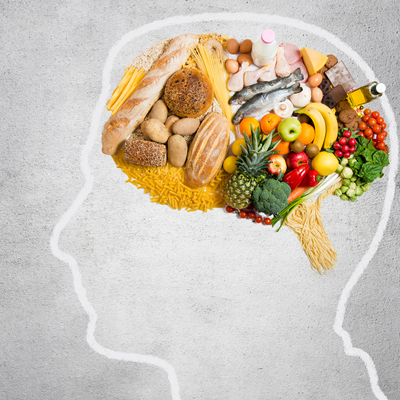
Hunger and appetite are intimately connected to emotional needs. Emotional sensations such as yearning, craving, and compulsion give rise to patterns of eating behaviour which are gauged to relieve anxiety or tension, to provide security and comfort, or to provoke anger and frustration in others.
Food – Nurture
Sitting down for a family meal is a symbol of love, connections, and communication.

Food is not just food, but a mothering presence – a source of nurturing and comfort, a source of empathy and atonement, a way to feel ‘felt,’ seen and understood, and a source of stress relief. Often memories will be connected to a food type or smell.
Food – Medicinal
Many identify medicinal outcomes with certain foods and nutrition.
Whether these be dietary patterns, broad-based multi-nutrient supplements or specific vitamins, minerals or other nutrients. Ongoing studies into nutritional psychology and the role that plays in the aetiology (finding causes and origins) of mental health problems as well as their treatment.
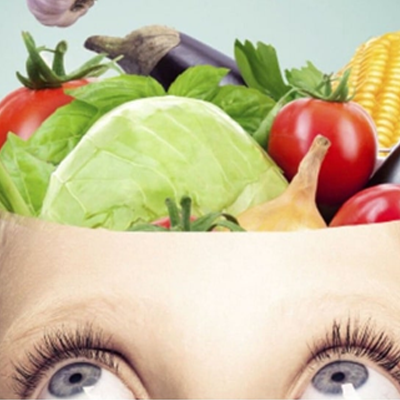
Food –Health
Healthy eating has proven to improve the quality of life and a sense of wellbeing. Healthy eating helps your body to work well and makes you to feel good.

Lowers the risk of heart disease, stroke and some cancers and contributes towards a healthy bodyweight. Eating a variety of foods that give you the nutrients your body needs.
Trends on how to eat come and go, making diet advice confusing. People choose to eat different types of food for lots of reasons. Eating for health is just one factor behind the food decisions we make every day.
Food – Diets
The weight loss and weight management diet market size was valued at 192.2 billion in 2019, and is projected reach $295.3 billion by 2027, yet according to studies— 95% of diets fail.

People diet for many reasons. Some are at an unhealthy weight and need to pay closer attention to their eating and exercise habits. Some play sports and want to be in top physical condition. Others may think they would look and feel better if they trimmed down. Confusion about nutrition is the very reason fad diets exist. If we all knew how to eat, there would be no need for diet books.
Food –Ideologies
A major shift currently in the food and beverage market is the emergence of new, more nuanced health and wellness goals within the everyday diet and mainstream consumers who are hungry for guidance and direction.
Hard-core wellness consumers focus on the specifics of nutrient density and customised diets to maximise energy, performance and digestion. Nearly every consumer today has some kind of dieting ideology (or system of ideas and ideals) that they currently practice. Whether vegetarian, Paleo, flexitarian or gluten-free, eating habits today are much more nutritionally intentional than in a former era composed largely of short-term crash diets, silver-bullet products and eating to "look good."
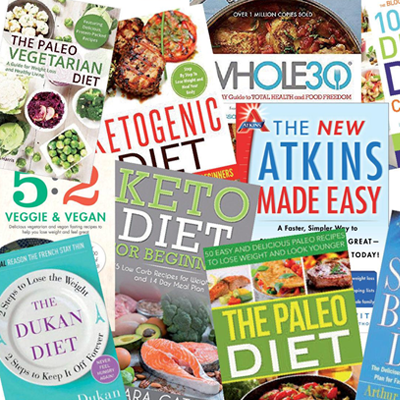
Food – Ethical
The ethical decisions on choosing to buy strawberries out of season, to buying fair trade food, joining a community gardening project, or campaigning against the overuse of plastic in food packaging, we all make regular ethical decisions about food.

These choices are ethical because they involve values – principles, or reasons, for regarding practices as right or wrong.
Food – Creativity
Being a chef is not only physically challenging, there is the constant creative pressure to deal with.

Chefs are not only responsible for running their kitchens, but also for constantly thinking of new Innovative dishes that will keep their guests engaged. Getting inspiration from ingredients, unique regional produce, spices and herbs, seeking local and seasonal ingredients is common for chefs, who are often people who love food and culture. Books, people, staff, colleagues and eating out are all excellent sources of inspiration. Being able to get the time and headspace to focus on creating dishes, connect with guests and work on the creative aspects.





